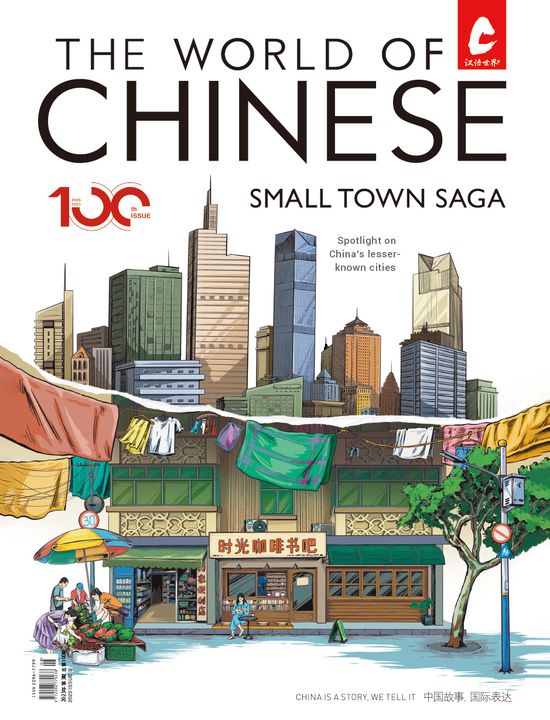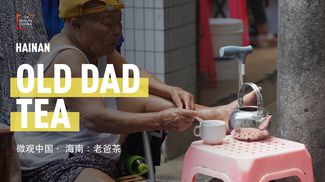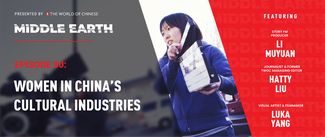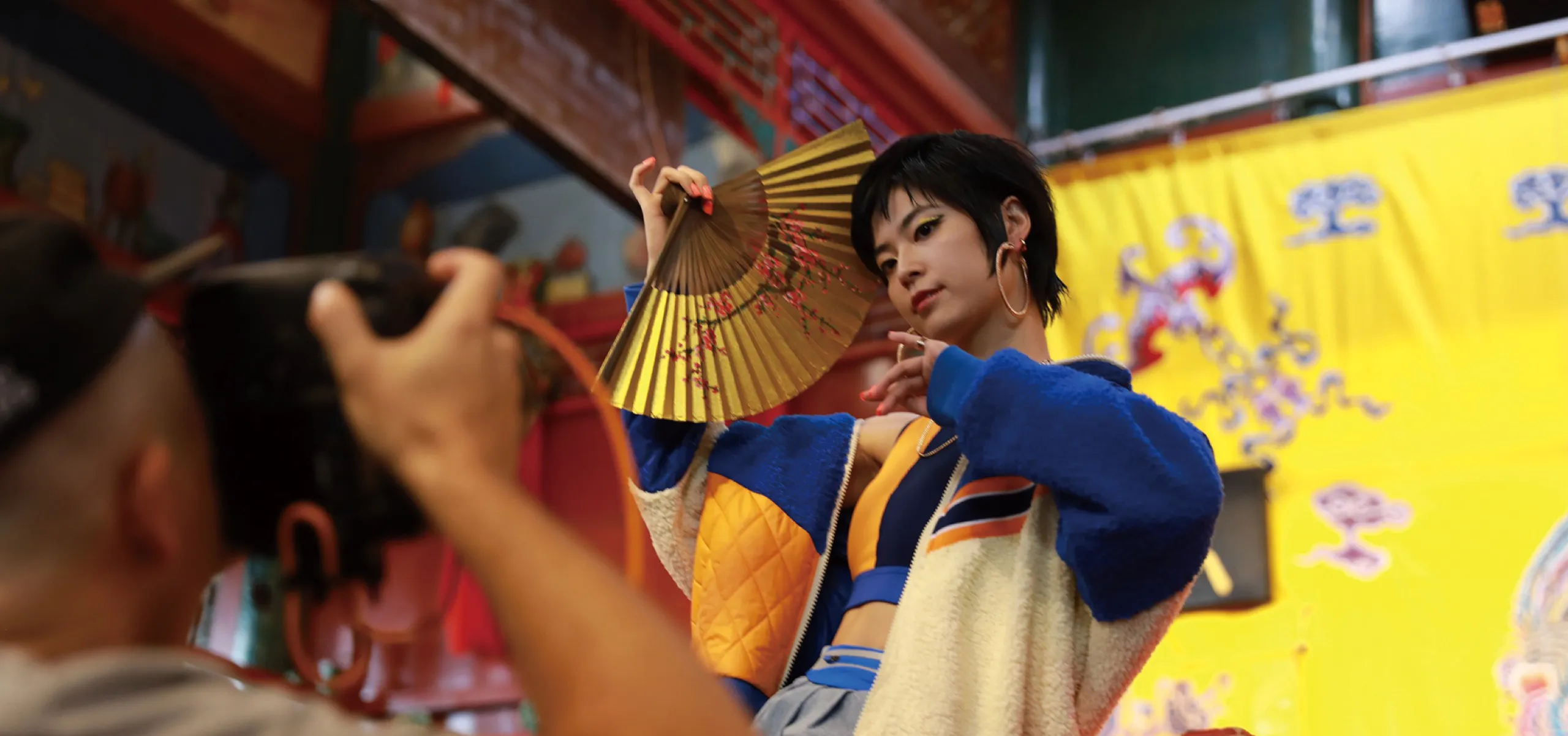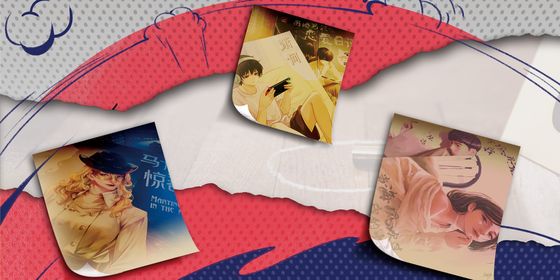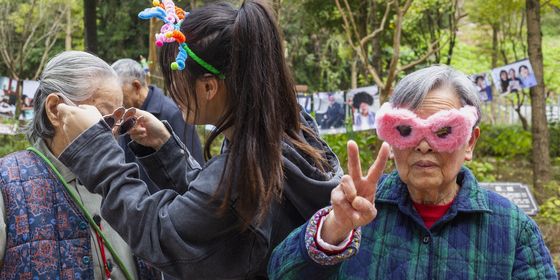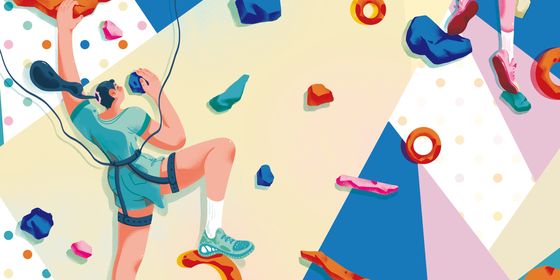A former Kunqu opera performer describes working in a disappearing art
From the age of 12, Huang Yanan usually started her mornings in tears. Every day at 6:30 a.m., she would report to the rehearsal rooms at the Shanghai Theater and Drama College for 60 to 90 minutes of mandatory morning exercise that typically consisted of overextended, painful leg stretches.
The rest of the day would be just as grueling. After breakfast, there were 90 minutes of practicing “blanket kung fu,” a martial arts technique involving flopping backward on stage like a blanket, requiring the performer to practice standing on two tables—a move that, if performed incorrectly, can cause ankle injuries.
Then there was weapons training, or bazi gong (靶子功), in which Huang and other actors practiced mock-fights with wooden spears. After lunch, the students took singing lessons, with some practicing on their own in the evening before lights-out at 9:30 p.m. “The staff would forcibly turn off the electricity meter to make sure [we went to sleep],” Huang, formerly an actor with the Shanghai Kunqu Opera Troupe, tells TWOC.
As a Chinese saying goes, “One minute on the stage takes 10 years of hard work off it.” Opera performers usually start training before puberty, so their bodies can better adapt to the basic positions and vocal exercises. In the past, the skills would often be passed down through the family.
In ancient China, opera performers were also part of the lowest social castes, preventing some of them from marrying into other groups. Even today, kids who train for opera often come from families that lack money to spend on helping their children excel in China’s exam-focused public education system, or want their children to learn a trade to support themselves and their relatives.
Why Young Performers are Giving Up On Years of Traditional Opera Training is a story from our issue, “Upstaged.” To read the entire issue, become a subscriber and receive the full magazine. Alternatively, you can purchase the digital version from the App Store.
